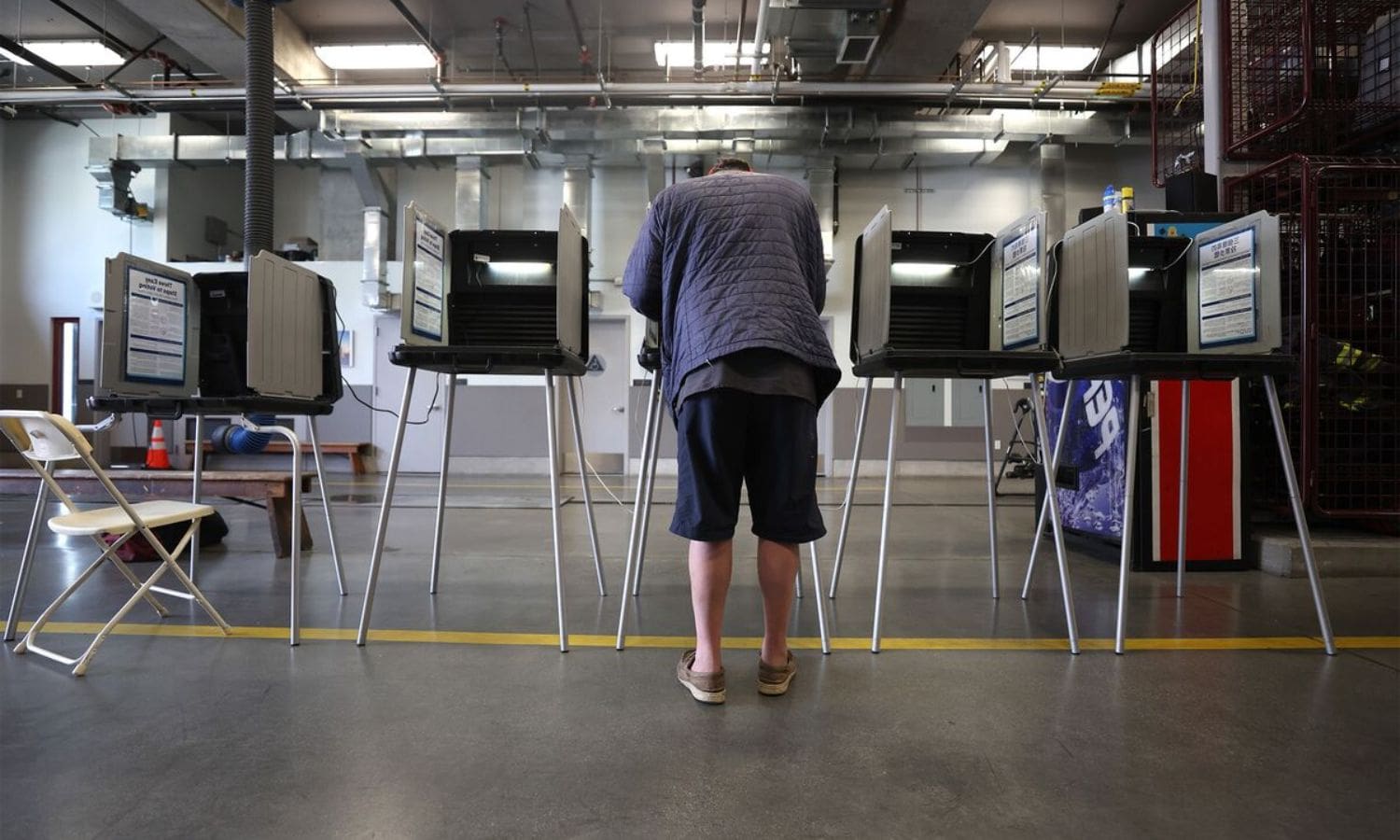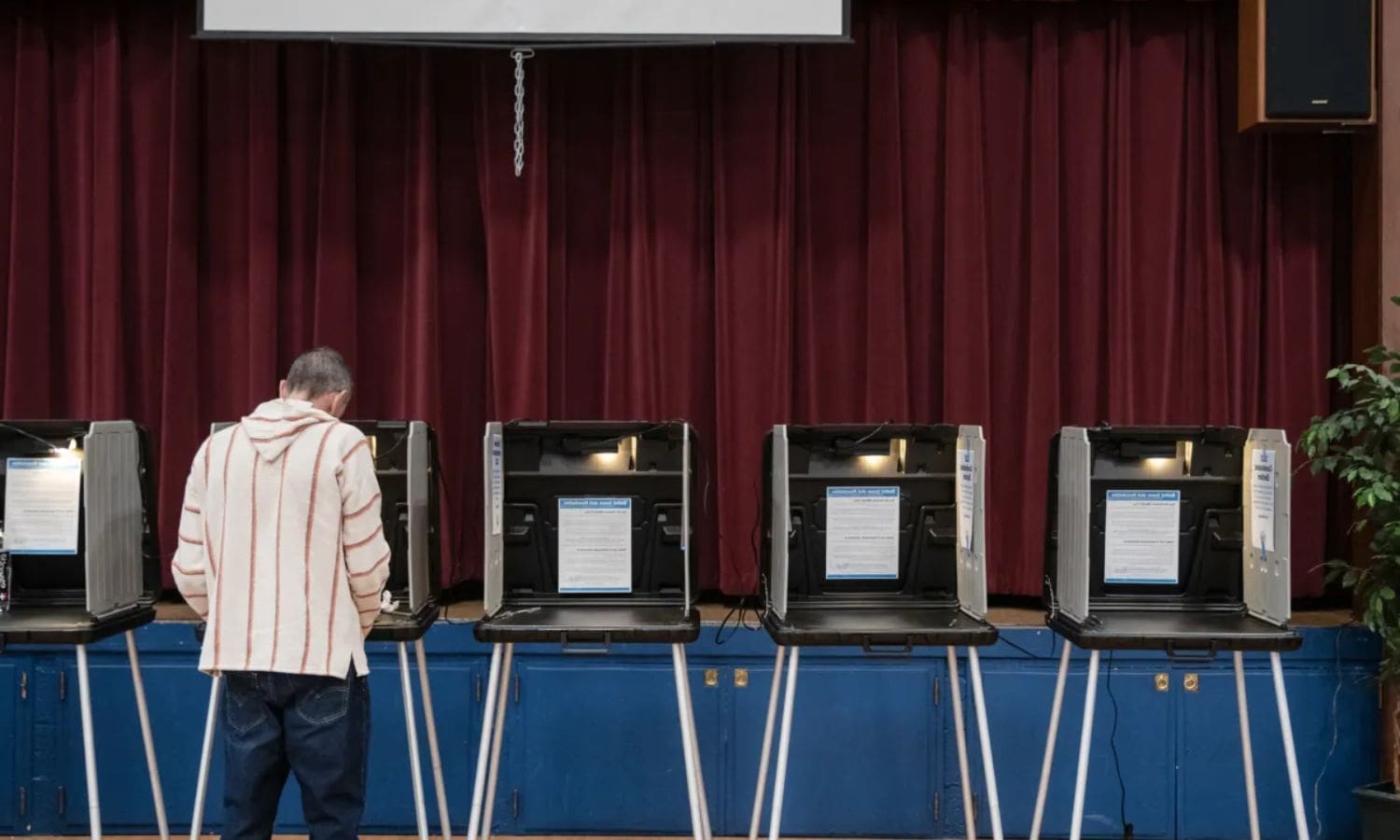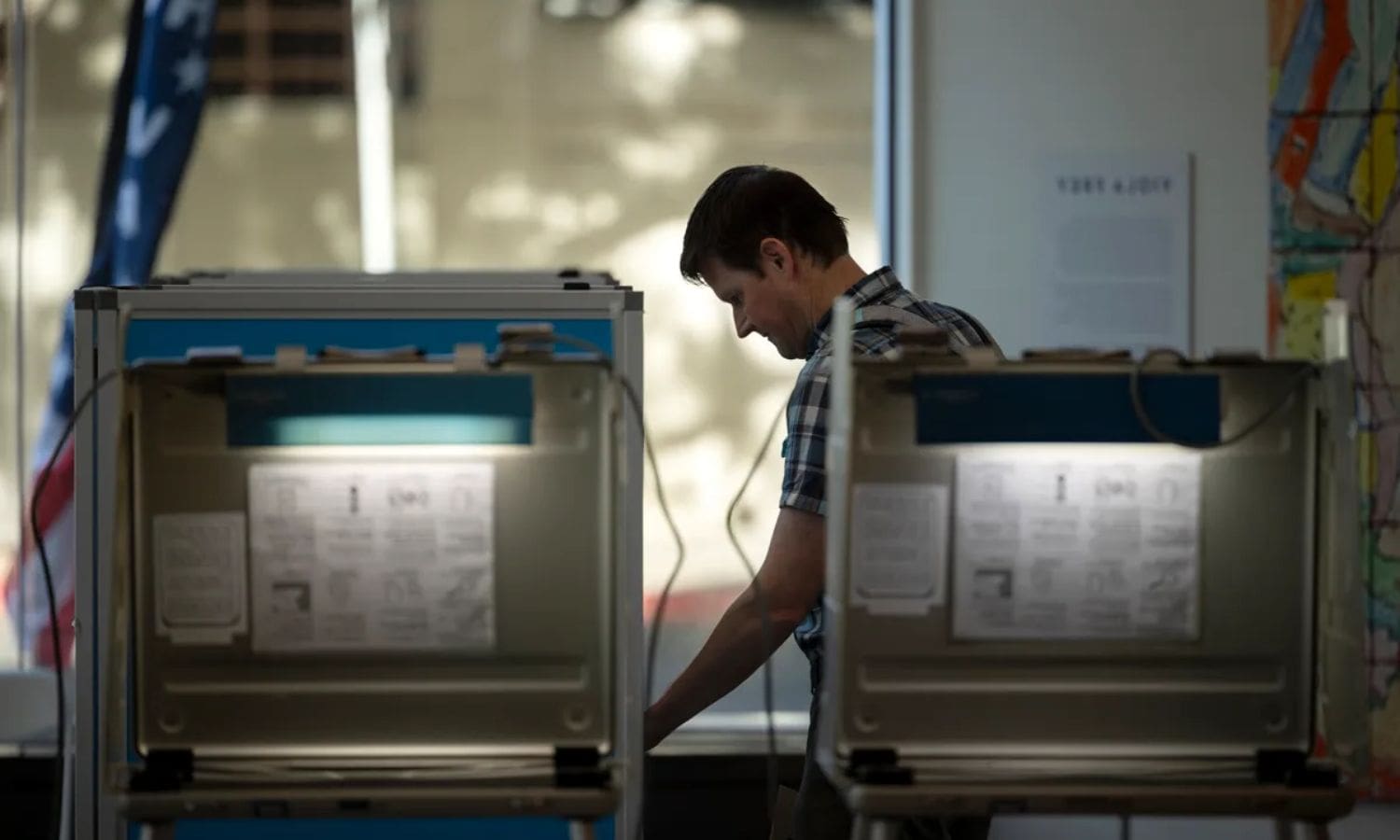California Distinctive Employee Lawsuit: California’s distinctive employee lawsuit law, known as the Private Attorneys General Act (PAGA), has been a subject of contention since its inception in 2003. As the November ballot approaches, a business-backed measure seeks to repeal PAGA, prompting a heated debate.
Critics argue that PAGA is burdensome for employers, while proponents highlight its importance in holding businesses accountable for labor law violations.
The legislative and legal battles surrounding PAGA, providing insights into the current landscape and the proposed ‘Fair Play and Employer Accountability Act.
Key Takeaways Of California Distinctive Employee Lawsuit
– PAGA was introduced in 2003 to address labor law violations and empower workers in California.
– A business-backed ballot measure in November aims to repeal PAGA, arguing that it leads to frivolous lawsuits and the repeal will restore fairness and balance.
– Arguments against PAGA repeal include weakening worker protections, straining labor law enforcement resources, and creating a disincentive for employers to comply.
– Legislative and legal battles over PAGA have shaped its evolution, implementation, and interpretation over the past two decades.


Introduction of PAGA in 2003 and Its Purpose
The introduction of the Private Attorneys General Act (PAGA) in 2003 aimed to empower workers in California by granting them the ability to sue their employers for labor law violations. PAGA was enacted in response to concerns that the state’s labor law enforcement agencies did not have sufficient resources to effectively address widespread violations.
By allowing private individuals to bring lawsuits on behalf of themselves and other aggrieved employees, PAGA sought to supplement the enforcement efforts of government agencies and provide a means for workers to hold employers accountable for labor law violations.
Under PAGA, employees can seek civil penalties for various violations, such as failure to provide meal or rest breaks, unpaid wages, or failure to reimburse business expenses. The law also includes provisions to protect employees from retaliation for exercising their rights under PAGA.
Business-Backed Ballot Measure in November
A business-backed ballot measure is set to be introduced in November, aiming to repeal the Private Attorneys General Act (PAGA) and potentially change the landscape of employee lawsuits in California. Advocates for the measure argue that PAGA has led to an increase in frivolous lawsuits and excessive penalties, burdening businesses and hindering job growth. The group promoting the measure, Californians for Fair Play and Accountability, believes that by repealing PAGA, it will restore fairness and balance to the state’s employment laws.
However, opponents argue that PAGA provides crucial protections for workers and helps enforce labor laws that are often neglected by government agencies. To better understand the potential impact of this ballot measure, let’s examine the key differences between PAGA and the proposed repeal.
It is important for Californians to carefully consider the potential impact of this ballot measure on both employers and employees before casting their votes in November.


Also Read: California Unveils Strategic Offshore Wind Plan
Arguments Against PAGA Repeal
Opponents of the PAGA repeal argue against the elimination of crucial worker protections and the potential negative impact on labor law enforcement. These arguments are based on the belief that PAGA plays a vital role in holding employers accountable for violations and ensuring that workers are treated fairly.
Here are three specific reasons why opponents argue against the repeal:
1. Weakened Worker Protections: Critics of the repeal claim that eliminating PAGA would leave employees more vulnerable to exploitation and unfair labor practices. PAGA provides a mechanism for workers to seek redress for violations such as wage theft, discrimination, and unsafe working conditions. Without PAGA, employees may have limited recourse to hold their employers accountable.
2. Inadequate Labor Law Enforcement: Opponents also contend that repealing PAGA would further strain the already limited resources of the labor commissioner responsible for enforcing workplace laws. PAGA allows workers to act as private attorneys general, supplementing the efforts of the government in enforcing labor laws. Removing PAGA could result in a decreased enforcement capacity, leaving more violations unchecked.
3. Disincentive for Compliance: Critics argue that repealing PAGA would create a disincentive for employers to comply with labor laws. PAGA’s provision for penalties acts as a deterrent, encouraging employers to adhere to regulations. Without the threat of substantial penalties, there may be less motivation for employers to prioritize compliance, potentially leading to increased violations and harm to workers.
Legislative and Legal Battles Over Two Decades
Over the past two decades, California has been embroiled in numerous legislative and legal battles surrounding its distinctive employee lawsuit law, the Private Attorneys General Act (PAGA).
This law, enacted in 2004, allows employees to bring representative actions on behalf of themselves and other employees for labor code violations. The expansion of PAGA’s reach has been a subject of contention, with employers arguing that it has led to excessive litigation and increased costs.
These battles have played out both in the state legislature, where attempts to amend or repeal PAGA have been made, and in the courts, where employers have challenged the constitutionality and application of the law.
These legislative and legal battles have shaped the evolution of PAGA and continue to influence its implementation and interpretation today.
Current Landscape and the Fair Play and Employer Accountability Act
The ‘Fair Play and Employer Accountability Act’ is a ballot measure currently under consideration in California that aims to address concerns surrounding the Private Attorneys General Act (PAGA) and its impact on employers. This proposed measure seeks to make significant changes to PAGA by introducing a number of provisions.
1. The Act would require employees to provide notice to employers and the California Labor and Workforce Development Agency before filing a lawsuit, allowing employers the opportunity to cure any alleged violations.
2. It would limit the scope of PAGA claims to only those violations that actually caused harm to employees, rather than allowing claims for technical violations that have no real impact.
3. The Act would also establish a penalty structure that is more proportionate to the harm caused by the violation, ensuring that employers are not faced with excessive penalties for minor infractions.
These proposed changes aim to strike a balance between protecting employees’ rights and preventing the abuse of PAGA by unscrupulous plaintiffs’ attorneys. By addressing the concerns surrounding PAGA, the ‘Fair Play and Employer Accountability Act’ seeks to promote fair and reasonable employer accountability in California.


Conclusion Of California Distinctive Employee Lawsuit
The introduction of the Private Attorneys General Act (PAGA) in California in 2003 aimed to empower employees to hold employers accountable for labor law violations.
However, a business-backed ballot measure in November seeks to repeal PAGA, sparking debates on its implications for workers’ rights and employer accountability.
The legislative and legal battles surrounding PAGA highlight the ongoing tensions between labor rights and business interests in California.
The current landscape is shaped by the proposed ‘Fair Play and Employer Accountability Act,’ which will likely have significant implications for employee lawsuits in the state.

